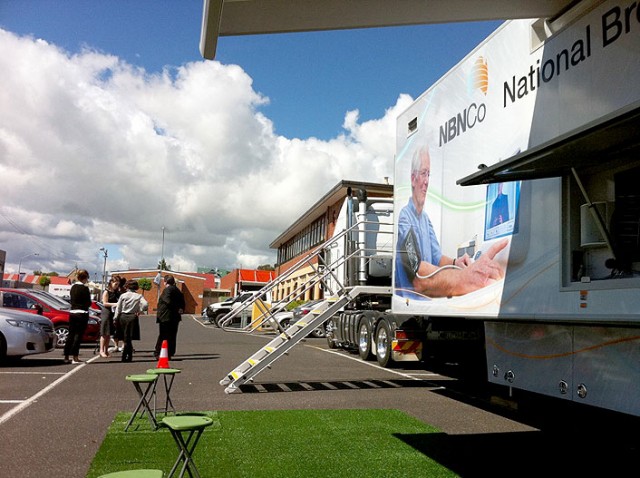Steph Hinds of Newcastle accounting firm Growthwise is one of the new breed of business advisers using cloud and mobile technologies to change her profession.
At the recent Sydney Xero Conference I had the opportunity to speak to her about some of the ways her business is changing.
The interview with Steph as part of the Decoding the New Economy YouTube channel covers how the accounting profession is changing, what industries are being the most affected and where she sees the growth opportunities for her businesses.
Like many other professional services industries, the big change Steph sees is how accounting is moving from being based upon client transactions to requiring much deeper relationships with clients.
“The transactional model has been commodified completely,” says Steph. ” I started as a trainee accountant and we had those big ledger books and I was coding things and I’d go through cheque butts to enter them into the system.”
“Now all of that work is done for you.”
Like Xero founder and CEO Rod Drury, Steph doesn’t see this change as being generation based with older accountants adopting technologies as quickly as their younger counterparts.
However legacy systems do hobble existing businesses with both Xero and Growthwise finding 40% of their clients are new, startup businesses.
“We’re finding a lot of new businesses are starting up now,” says Steph. “it is so easy to setup in business, we’ve advised a lot of accountants that rather than spending five hundred thousand dollars to buy into a practice, you can spend ten thousand dollars on licenses and a laptop and all of a sudden you’re really in business.”
Changing the building industry
Steph sees the opportunities being in retail, hospitality and trades where being are struggling with paperwork and need fast responses in a customer driven market. The building trades are one of the big areas Steph sees for growth.
“Guys not having to drive to the office to get their instructions and their things for the day, not having to drop off timesheets, getting paid on the spot and billing on the spot.”
“We see traditionally see trades, particularly in the building industry as having cashflow issues and people go bust,” says Steph. “I think this is a huge opportunity to change things.”
Having information is at managers’ and proprietors’ fingertips is one of the benefits of cloud services and Steph also sees the app ecosystem, providing plugins like mobile job management are very powerful.
“The big data angle, for benchmarking – we have real time access to our clients’ data and how they are doing against industry benchmarks and being able to help clients,” says Steph.
Steph Hinds and Growthwise are examples of how the business world undergoing a dramatic change as the information and systems that were once only available to big business can now be accessed by anyone.
The real digital divide lies between the business who are prepared to grab the opportunities and those who are happy doing things the way they’re done today.
Similar posts:





